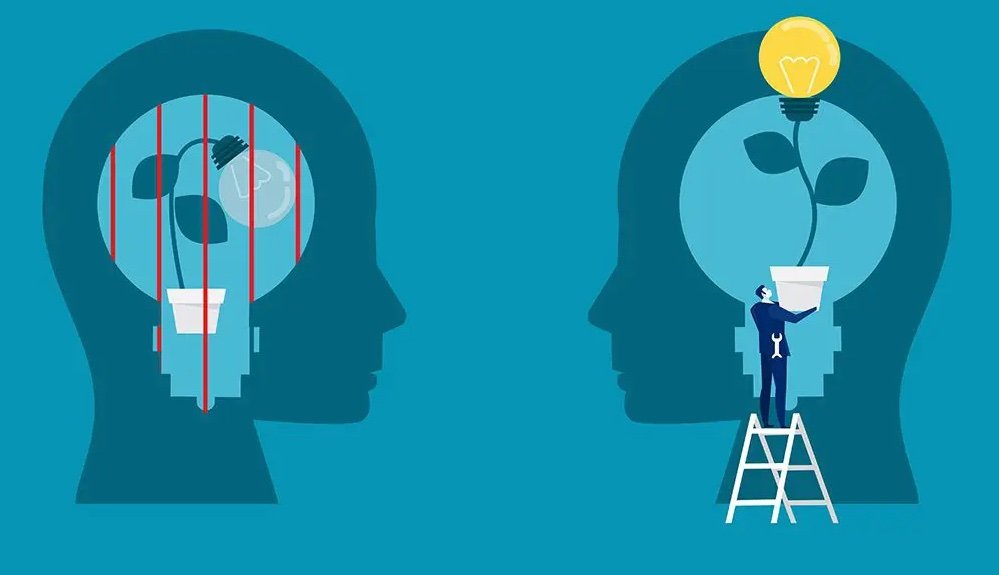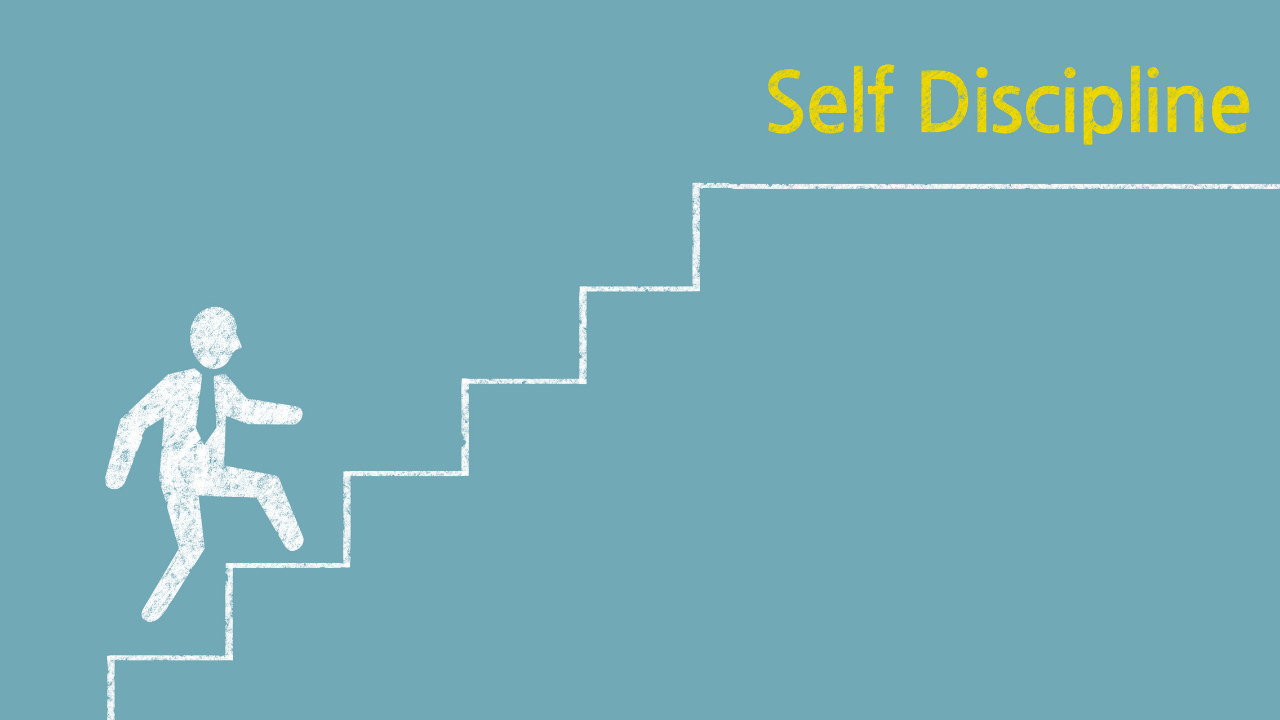The Danish club
In my experience from living in Denmark, there is immense pride in the achievements of Danes on the international stage. Within the Danish football community, Brentford are affectionate known as the "Danish club." This recognition is owed to several key factors, for example, the presence of Thomas Frank as the head coach, a line-up boasting five Danish players in their first team squad, and the ownership of Matthew Benham, who is also Danish solidifies this connection.
Thomas Frank's dedication to constant improvement and innovation in coaching tactics has notably shaped the team's approach. It's worth mentioning that he benefits from the guidance of a leadership mentor who aids him in refining his communication, man-management, and leadership skills. This combination of factors not only contributes to Brentford's success but also reflects the Danish influence and emphasis on continuous growth and innovation in the footballing world. I think having someone in a mentorship or coaching role can make a substantial difference in one's journey toward success and fulfilment regardless of whether it's in career advancement, personal growth, skill-building, or even in maintaining motivation.
It's not for everyone
Leadership development is a critical facet of any organisation's success. While it may not be suited for every individual, those who recognise the value of leadership programs and models are drawn to companies that prioritise this aspect of personal and professional growth. Ambitious young professionals, in particular, seek out employers who provide opportunities for personal and career development as they are on the lookout for mentors, coaches, and role models who can guide them on their journey to success. In this highly competitive job market, if a company fails to address and emphasise these aspects of leadership development, they risk losing top talent to other organisations that do. Therefore, a solid leadership model and program not only attract talented individuals but also play a pivotal role in retaining and nurturing the potential of the workforce, ensuring the company's long-term growth and prosperity. I think by acknowledging the importance of leadership development, companies can build a culture of continuous learning and personal growth that benefits both the organisation and its employees.
Growing the capabilities of others
Leadership isn't about possessing all the answers; it's about posing the right questions that challenge traditional thinking. I think that your happiness stems from a blend of enjoyment, satisfaction, and purpose. If you're interested in securing an external strategic business partner and advisor for your talent development and leadership solutions, please feel free to reach out to me via email.
““Just as athletes benefit from coaching, leaders do too!””
What's happening?
As human beings we have two insatiable needs:
1) A desire to feel significant, and
2) The yearning to be truly understood
One of the psychological shortcuts that I use from years of experience is my trustworthiness is in equal parts empathy and expertise, conveying a message that says, “I understand you and I know what I’m talking about.” I know that it’s impossible to fully understand someone else’s experience nor can I emphasise their importance enough. People want to know that you get them or at least you are trying to get them, and if you are attempting to make the effort to step into their shoes then people will give you grace.
I think our natural disposition as human beings is self-centred, we are all wired to focus on our own needs and desires. However, the most effective way to craft meaningful communication is to change our perspective towards empathy for others. As when we are thinking about others, we are not getting that dopamine rush of self-importance and significance. Therefore, the choice of words we employ is a tangible reflection of our understanding, and when we demonstrate that we "get" someone, or that we're sincerely trying to, we begin to unlock the doors of trust. And in doing so, we signal to others that we respect and value their viewpoint, ultimately forging deeper and more meaningful connections. Contact me via e-mail for 1:1 sparring and coaching sessions.
Making the right choices
““Dear Managers,
Your job is not to make people work harder. Your responsibility to help your team achieve their goals, let them know that their work matters, and then recognise and reward those who consistently help the team deliver timely, high quality and positive outcomes.””
I think we all have different opinions, the problem starts when we feel our opinion is worth more than what anyone else can say. Authentic leaders know they can learn a lot from those that think differently than they do. Contact me via e-mail for a confidential 1:1 session
Providing valuable insights
As a subject matter expert, you possess the confidence to engage with any stakeholder, whether it's the CEO, CMO, or end-users of your product. Your expertise shields you from being outflanked in conversations with anyone, making you a trusted authority in your field. When discussing market trends and implications, your goal is to articulate the necessity for change and how it should be approached, however, merely presenting trends and potential impacts may not be enough to drive action. To inspire change, you must emphasise the critical need to act promptly, driving your clients and team members to embrace innovative solutions that can lead to success in the evolving landscape. And by conveying the urgency of the situation, you motivate people to consider and adopt alternative approaches instead of sticking to their previous practices. Are you interested in guidance for navigating market challenges? Contact me via e-mail for a 1:1 meeting or workshop for your team.
Smiling is leadership
I think that we need to look out for the three clever stories that makes us move to silence or violence:
“It’s not my fault.”- Victim
“It’s all my fault.”- Villain
“And there’s nothing else I can do.” - Helplessnes
““There are two very powerful things which are always underestimated, silence and smiles. A smile can solve many
problems, and silence can help avoid many problems.””
An influential SCARF
Every time we interact with someone, we are either meeting or depriving them of their social needs. The language and behaviour we use can either be uplifting and motivational or it will cause them to shut down and withdraw. In 2008, David Rock concluded in his neuroscience research paper "SCARF: A Brain-Based Model for Collaborating with and Influencing Others." The SCARF model introduced us to five key domains that impact people's behaviour and emotional responses in social situations.
Status – our relative importance to others.
Certainty – our ability to predict the future.
Autonomy – our sense of control over events.
Relatedness – how safe we feel with others.
Fairness – how fair we perceive the exchanges between people to be.
According to the SCARF model, these factors are considered to be fundamental to human motivation and can greatly influence how individuals perceive and react to different situations. I think the specific measurement of the SCARF model may be challenging, even though it provides a framework for understanding the important aspects that influence human behaviour and motivation.
Was it worth it?
Have you considered the long-term consequences and benefits of your actions?
Yes, I engage in deliberate decision-making practices and make conscious choices about how I spend my time. If I was to offer you some advice, then it would be to prioritise activities that contribute to your personal growth, focus on meaningful relationships and the pursuit of your goals. Instead of chasing material wealth and possessions, I think it more beneficial to broaden your horizons and seek out experiences as they will provide a sense of fulfilment and contribute to more meaningful life.
Time is a precious commodity
Time is a finite resource that cannot be reclaimed once it is spent, and recognising the limited nature of time can motivate us to use it wisely and prioritise what truly matters to us. To make our lives more meaningful, we must first determine what matters most to us and reflect on our values, passions, and aspirations. I think by understanding our strengths, weaknesses, and personal tendencies can help us make better choices about how to spend our time. Contact me via e-mail to book a 1:1 session, where we can look into how you currently use your time and evaluate whether it aligns with your goals and values.
See it and say it
It’s over 3 years since I took the Crucial Conversations education from the training company VitalSmarts (nowadays Crucial Leaning). According to their study, 65 percent of the participants said they stayed silent at work, even though it made them feel inauthentic. You can see why this is detrimental; not only are leaders missing out on the ideas, viewpoints and diversity their employees bring to the table, but the employees also feel like they can't be themselves.
Leaders and CEOs are also on an island as no-one dares to tell them what they really think. What they need is someone who can challenge them, and say, “You said this or that and you never followed through with it.” One of the most detrimental effects of workplace insecurity is when people don't speak up because they fear the outcomes: embarrassment, ridicule, being wrong, or being dismissed both literally and figuratively. And one of the roles of a coach is to hold people accountable for their words and actions. Contact me via e-mail to arrange a meeting the next time you find yourself afraid to speak up.
Self-discovery is a lost art
Coaching is a process of helping individuals or teams to achieve their goals, improve performance, and enhance their overall well-being. A coach can assist individuals in discovering their strengths and weaknesses, exploring their values, and identifying their priorities. I think self-discovery is a critical aspect of coaching as it helps individuals to gain a better understanding of themselves, both their aspirations and motivations. Many people struggle with self-reflection, and this is where a coach can be helpful in guiding them through the process.
Most people are poor judges of how introspective they are, research shows that people tend to overestimate their level of self-awareness. This is known as the “introspection illusion” and it can lead to inaccurate self-perception and decision-making. Therefore, having a coach who is honest, frank, and authentic can be beneficial in facilitating the self-discovery process by providing individuals with an objective perspective on their thoughts and behaviours. Contact me via e-mail to book a free 45 minute one-on-one coaching session to discuss your needs, and determine whether we are a good fit for a coaching relationship.
Can we control our minds?
The benefit of a good education is the ability to think on your own, and your words start to lose value when your actions don't match. You may think this is heavy stuff as all you wanted was a little help in climbing out of the strange crack between life’s floorboards that you unexpectedly fell into. First, you have to understand what you’re doing there, and then you’ve got to see why it’s important to stay there for a while - and then we can talk about what to do.
Today’s mantra includes affirming, declaring, observing, and allowing:
“All is well, everything is working out for my highest good and out of this experience, only good will come, and I am safe.”
Acronyms help
The next time you have an important decision to make, try using this cool “B.R.A.I.N” acronym:
B: What are the Benefits?
R: What are the Risks?
A: What are my Alternatives?
I: What does my Intuition (heart) tell me?
N: What if I do Nothing?
Unlocking internal barriers
Today is Monday, so I feel it necessary to write about mindset, motivation, and methods. Do you really want to know about these topics? There is a lot of sacrifice, especially at the beginning if we are going to achieve our goals. We can understand it intellectually, and then we need a system to act on what we know. Accountability feels like an attack when you’re not ready to acknowledge how your behaviour harms others. I have seen brilliant creative ideas die very quickly when they don’t have a proper execution structure behind them. Personally, I’m not impressed by vanity metrics, like likes and views. I think that we can only drive through effective campaign execution with thoughtful communication strategies and architectures.
Follow your nose
I have a beautiful life today because I have chosen to put giving in front of getting, and weirdly the more I give the more I get. A massive part of my work is to help people re-connect to who they are given the life they’ve built, and that’s about authenticity. Being true to who you are, dropping the mask, not listening to that external criticism. Our culture teaches us to grab, grasp, get and compete, that’s all fear-based stuff. I have made giving my number one priority and the more I have given to life the more it has given to me. If you trust that life will give you what we need, I recommend that you focus on giving.
Confidence coach
Everyone who knows me will tell you that I love a good analogy. Why? Because an analogy can unlock understanding like a key opens a door. Coaching a team can be compared to gardening: the fruit will be at its juiciest and sweetest, or the flower is at its most fragrant precisely at the moment before it begins to rot. A coach's job then becomes almost to shield the plant from the sun, to delay maturation to prolong the flowering for as long as possible. Do you understand?
Sales training for building consensus
I have found that there is a great deal of pleasure in coaching and nursing teams, guiding them through a structured process to identify a focus area that enables them to maximise their inherent power by tapping into the hearts and minds of consumers. For example,
• Creating needs (listening, objections, negotiation and presentations)
• Motivation (rapport, communication and mindset)
• Pipeline management (plan, prepare and execute)
• Sales Savvy (decision maker access, network mapping & development, best practise and analysing success)
Contact me via e-mail to book coaching, mentoring or 1:1 sparring sessions.
““Your potential customer doesn’t care about your company. They care about the problem they have and the possibility of resolving it. Are you creating enough value in the sales conversation or are you just talking about yourself?” ”
You need self-discipline
It’s not what you have learned that is decisive for your future, it’s whether you can put your head down and discipline yourself to pay the price repeatedly until you finally obtain your objective. Learning to effectively lead yourself and others all comes down to discipline, and you’ll need self-discipline to set your goals and make plans for their accomplishment.
You will also need self-discipline to:
- continuously revise and upgrade your plans with new information,
- focus on the most important thing you need to do at that specific moment,
- invest in yourself every day and build yourself up personally and professionally,
- learn what you need to do to become successful,
- delay gratification, save your money and organise your finances,
- focus on your goals and dreams and off your fears and doubts,
- respond positively and constructively in the face of difficulty.
Contact me via e-mail to book coaching, mentoring or 1:1 sparring sessions.





















